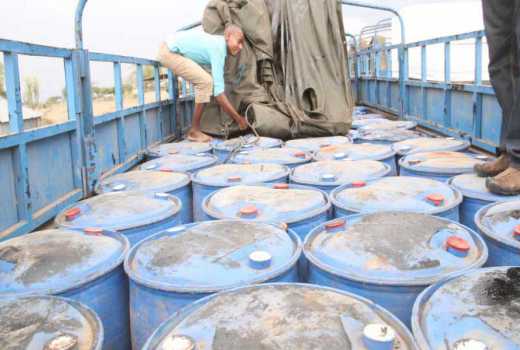×
The Standard e-Paper
Join Thousands Daily

Two blue trucks crossed the Kenyan border at Isebania from Tanzania on January 11. They were loaded with bags of cereals coming into the country.
Cereals are a normal consignment into Kenya, especially when the country is facing maize shortage as has been the case in the last six months. A tired border official would easily wave them on, given the number of trucks that cross the border daily. This was not that day.